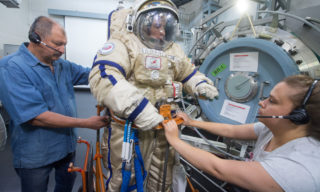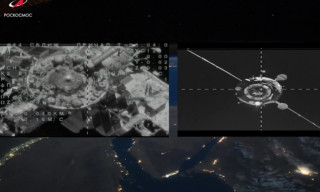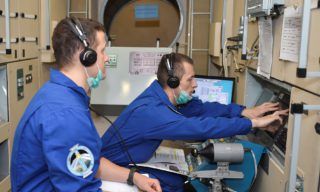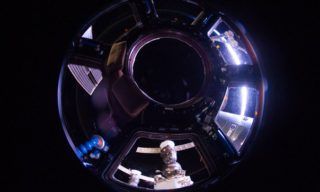53 years ago Soviet cosmonaut German Titov performed the spaceflight lasting for 24 hours for the first time in World history.
On August 6, 1961 at 09.00, Moscow time Vostok booster launched from Plesetsk spaceport orbited Vostok-2 spacecraft with German Titov onboard. It was the first time the cosmonaut spent a day in space. During 25 hours and 18 minutes the spacecraft performed 17 orbits around the Earth (about 700 thousand kilometers).
This flight was a kind of challenge for the humankind and proved the possibility of living and working under weightlessness conditions.
It was German Titov who manually controlled the spacecraft for the first time (during the 1st and the 7th orbits), performed its attitude control and stabilization, took pictures of the space and Earth, performed physical exercises, controlled spacecraft’s board systems and performed space video shooting. That’s why though Rerman Titov was not the first ever cosmonaut in the world we still call him the first space resident.
On August 7, 1961, at 10.18 the cosmonaut successfully returned to the Earth landing in Saratov region. At the time of the flight he was just 25 years old and he remains the youngest of all cosmonauts. For this flight German Stepnovich was awarded a Hero of the Soviet Union.



















